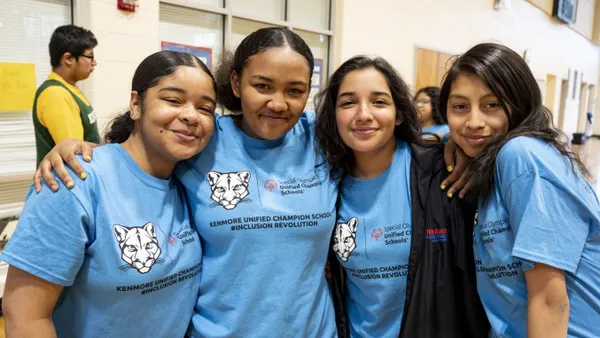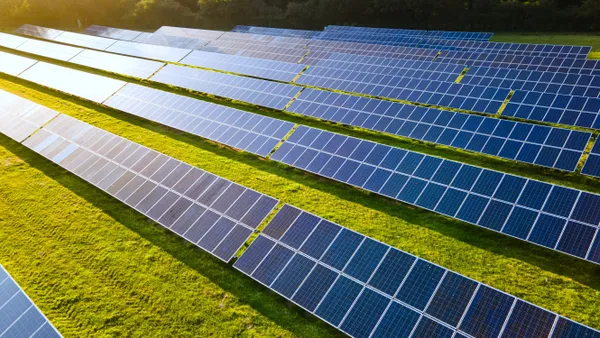In 2000, the U.S. declared that widespread vaccination efforts had successfully eliminated measles — a highly contagious viral infection — from the country. After that, the disease affected only a relatively small population, mostly made up of people who traveled internationally, and it remained confined.
But since the beginning of this year, at least 764 cases of measles have been confirmed across 23 states, according to the U.S. Centers for Disease Control and Prevention (CDC). It's the biggest outbreak in 25 years.
While measles can typically be treated, the disease can have serious effects if unaddressed, especially in children. And because it can spread easily, through something as simple as a cough or a sneeze, the disease is quickly making a comeback — especially in communities with larger numbers of unvaccinated people. A vast majority of the reported cases have been among people who weren't immunized, the CDC says.
The recent outbreak has reignited the debate over whether parents should be required to vaccinate their children. As of 2016, about 82% of Americans said they supported school-based vaccine requirements, according to the Pew Research Center, but 17% said parents should get to choose whether their children are immunized. "Anti-vaxxers," in many cases, believe their children should be exempt from vaccinations due to religious, personal, philosophical or safety reasons (though scientists insist the vaccine isn't linked to developmental issues such as autism).
All 50 states and the District of Columbia allow medical exemptions for vaccinations, but other laws set the standard for vaccination requirements for schools, any other valid exemptions and the implications of those exemptions if a disease outbreak were to take place.
Based on data from the National Conference of State Legislatures (NCSL), here's where states stack up on religious and personal exemptions:
States that allow religious exemptions
A majority of states — 47 states, plus the District of Columbia — allowed only medical or religious exemptions for school vaccinations as of April 2017, according to NCSL data published in January 2019.
A religious exemption, according to the NCSL, "indicates that there is a provision in the statute that allows parents to exempt their children from vaccination if it contradicts their sincere religious beliefs."
Three states don't allow religious exemptions: California, Mississippi and West Virginia, according to the NCSL. Louisiana and Minnesota statutes don't explicitly state that people can claim religious exemptions, but a non-medical exemption can include a religious belief.
States that allow a personal belief exemption
Seventeen states allow personal or philosophical exemptions. The organization defines this type of exemption as "indicat[ing] that the statutory language does not restrict the exemption to purely religious or spiritual beliefs."
Missouri allows personal belief exemptions, but only for child care facilities and not public schools, according to the NCSL.
A majority of states — 32, along with Washington, D.C. — don't allow exemptions that fall under this category.













